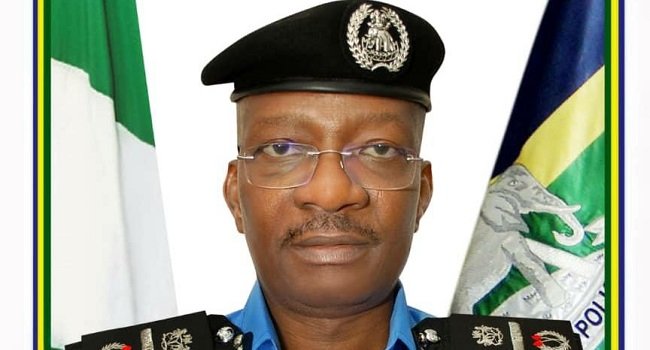In a move to address the tragic loss of lives resulting from the neglect of gunshot and accident victims, the Acting Inspector-General of Police (IGP), Kayode Adeolu Egbetokun, issued a clarion call to all medical practitioners in Nigeria to provide prompt and compassionate treatment to all victims, irrespective of the presence or absence of a police report.
The directive is coming at a time of public outcry over the avoidable deaths of Nigerians who were denied care by hospitals over non-availability of police report. Recently, a young and enterprising Nigerian, Greatness Olorunfemi died of bleeding as a result of knife stabs inflicted on her during a robbery incident in a taxi. She reportedly bled to death at Maitama General hospital because the hospital staff declined to treat her until they got a police report.
It is the reason many Nigerians have lamented that despite similar directives in the past, the culture of requesting for police report persists in medical facilities. Will the IGP go beyond mere rhetoric and lead the full enforcement of the Compulsory Treatment and Care for Victims of Gunshot Act of 2017? The Act mandates that all healthcare providers prioritize the immediate care and stabilization of gunshot and accident victims, recognizing the critical importance of timely medical attention in saving lives.
Read Also: Arise Editor Alerts About Scammers Who Stole Identity
The latest directive by the IGP, The Explainer learnt aims to bridge the gap between law enforcement agencies and healthcare providers, facilitating a more efficient and compassionate response to emergency situations. Although the police chief has stressed that it is important to inviting the police for assessment while treatment of the victim is ongoing, he similarly stressed the need to ensure a collaborative approach that effectively addresses both medical and security concerns.
The Inspector-General has also called on all medical institutions and professionals to adhere to these directives and fully cooperate with law enforcement agencies when necessary. He said: “Saving lives and promoting a safer and healthier society are the paramount goals. The Nigeria Police will collaborate with all relevant Ministries, Departments, and Agencies, particularly the Federal Ministry of Health, to ensure the full enforcement of the provisions of the Act.”
Importantly, stakeholders have expressed cautious optimism about what has been describe as the significant steps by the law enforcement agencies, which they note will serve as a catalyst for enhanced collaboration between the police and medical practitioners across the country.
Although the directive was described as an intervention, which represents a significant shift in prioritizing the immediate medical needs of individuals affected by gunshots and accidents, the readiness to follow up on ensuring implementation will go a long way in determining if it will not be just another bark by the law enforcers. Citizens will be watching out for compliance in medical facilities, and where those responsible fail to comply, the hope is that the authorities will hold those responsible and accountable.


























